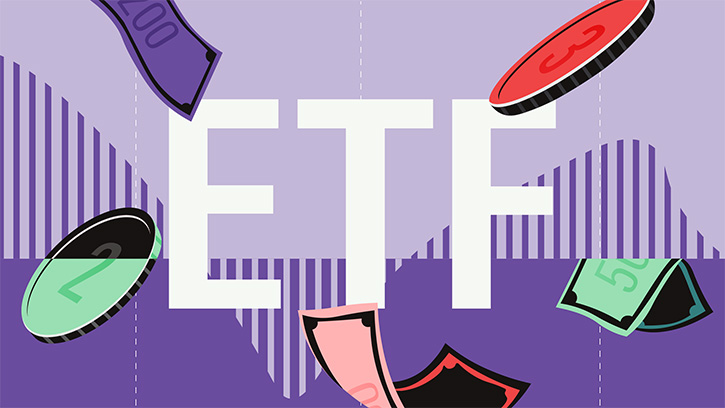Christopher Johnson: Welcome to Morningstar U.K. My name is Christopher Johnson. Today, I'm joined in the studio by Monika Calay, Head of Passive Strategies for Morningstar.
Monika, thank you so much for taking the time out to speak to me. So, my first question to you is about Bitcoin. It has reached all-time highs of over $73,000. What's driving the price surge?
Monika Calay: Sure. So, the recent spike in Bitcoin's price can largely be attributed to the SEC's approval of the spot bitcoin ETF. And this development opened the door for a new wave of investors, those who previously maybe were hesitating about accessing crypto wallets or didn't have direct ownership in Bitcoin or access. Essentially, it brought Bitcoin to the mainstream investment portfolios for the first time. And naturally, the momentum picked up as investors began chasing performance, which increased demand and the price.
Johnson: This comes after the fact that many people doubted whether Bitcoin could come back from severe lows in 2022. So, do you see this price surge as being almost a paradigm shift for the digital asset class?
Calay: When we talk about a paradigm shift, we're referring to a significant change in the way we approach something over the long term. And the introduction and staying power of Bitcoin ETFs could indeed change the way that we think about asset allocation. But investors should approach this asset class with caution. Our research shows that even a modest allocation to Bitcoin can change the risk profile of a portfolio. So, a small allocation of 1% or 2% to Bitcoin slightly increases the risk profile of a portfolio, but ramping up to 5% offers potential for high returns, but it also significantly impacts the volatility of a portfolio. And look, not all investors are prepared for that kind of ride.
Johnson: You mentioned about bitcoin spot ETFs. Do you think this price surge is going to almost push U.K. regulators to embracing it?
Calay: So, the FCA in the U.K. has taken a cautious approach to crypto investments. Recently, they signalled an openness to Bitcoin and Ethereum ETNs, but for professional investors only. And I think this continued caution, especially regarding retail consumers, reflects the FCA's concerns around the speculative nature of Bitcoin. And look, it's not just the FCA that is remaining cautious. Vanguard, the largest retail asset manager has also stayed on the sidelines, and they remain sceptical and have taken a clear stance against offering Bitcoin products. I think this scepticism is rooted in concerns over Bitcoin's speculative nature. And I think this all suggests that the path to widespread regulatory approval, particularly for retail clients, remains uncertain.
Johnson: So, the VanEck Crypto and Blockchain Innovators UCITS ETF, the iShares Blockchain Technology UCITS ETF and the Invesco CoinShares Global Blockchain UCITS ETF were the three best-performing exchange-traded funds in February of this year. So, how do you think these investment vehicles will benefit from the price surge?
Calay: So, the performance of blockchain-focused ETFs, such as those that you mentioned from VanEck and Invesco and iShares, they highlight a growing interest in the technology underpinning cryptocurrencies and these funds they invest in companies at the forefront of blockchain and crypto technology. So, they're offering a broader exposure beyond just Bitcoin. And look, it's an exciting area and it's ripe with investment flowing into projects that promise to revolutionise various sectors. However, it's still an emerging field and it's got its set of challenges.
Johnson: Is there anything you should like to tell me that I haven't covered in the interview about this topic?
Calay: I think the main takeaway is to remain cautious and don't invest beyond what you're willing to lose.
Johnson: Monika, thank you so much for taking the time out to speak to me. This is Christopher Johnson for Morningstar U.K.




























